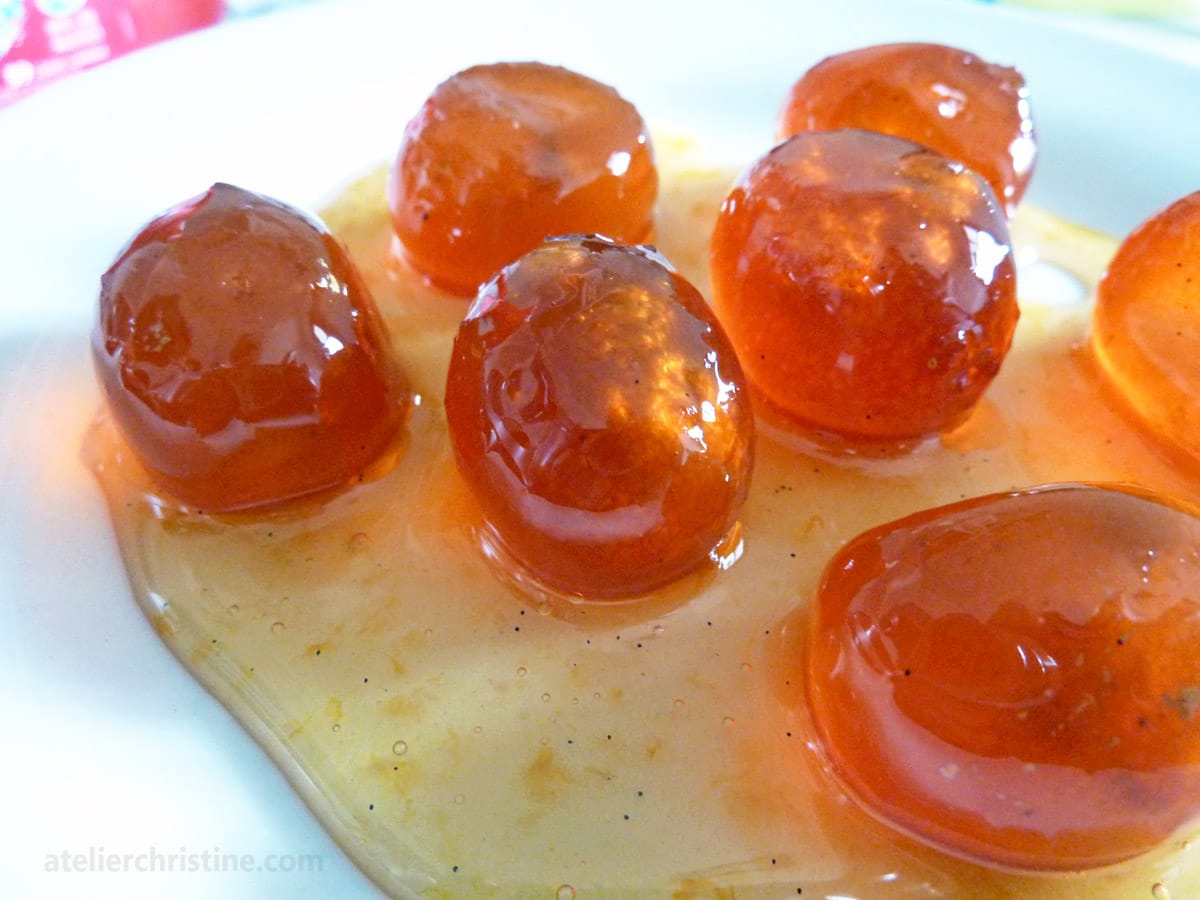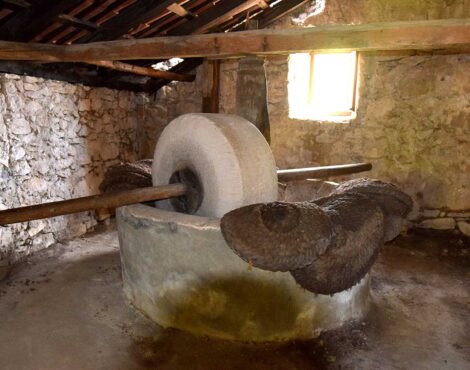The Taste of Time: Ancient Recipes Still Cooked in Corfu Today
In Corfu, food is more than nourishment. It is memory, hospitality and a way of storytelling. The island’s kitchen reflects centuries of history, shaped by the Venetians, the French, the British and of course the Greeks themselves. What makes Corfu special is that many of its most beloved dishes have remained unchanged for generations. To taste them is to taste the past slow-cooked flavors that carry the warmth of family and the rhythm of the land.
The Venetian Heritage in the Kitchen
When the Venetians ruled Corfu, they brought with them new ingredients, spices and techniques that blended naturally with local traditions. Dishes like pastitsada and sofrito were born from this exchange and have become central to Corfiot identity.
Pastitsada is perhaps the most famous. Tender beef or rooster is cooked slowly in a sauce of tomato, red wine, onion and cinnamon, then served over thick pasta. The aroma fills the kitchen long before the food reaches the table. Each family has its own version, often passed down through the generations, with small secrets that make it their own.
Sofrito is a quieter dish but equally beloved. Thin slices of veal are simmered with white wine, vinegar, garlic and parsley until they become soft and full of flavor. It is simple but elegant, showing the Venetian taste for balance and refinement.
The Everyday Kitchen
Beyond these well-known dishes, Corfu’s everyday cooking remains close to nature. Olive oil, vegetables and herbs form the base of almost every meal. The island’s climate offers an abundance of ingredients — tomatoes, artichokes, wild greens, lemons and figs.
A traditional table might include a plate of beans in olive oil, fresh bread and a salad with feta and oregano. The food is colorful but never complicated. It reflects the island’s philosophy of living well through simplicity.
The Taste of the Sea
The sea has always been Corfu’s generous neighbor. Fishermen bring in small catches of sardines, mullet, octopus and squid, which become the foundation for dishes like bianco and bourdeto.
Bianco is a white fish stew with lemon, garlic and potatoes, full of light Mediterranean flavor. Bourdeto, on the other hand, is rich and bold, made with scorpionfish and spicy red pepper. Its taste surprises first-time visitors, a reminder that Corfiot cuisine can be both gentle and fiery.
Sweet Traditions
Every celebration in Corfu includes something sweet. Honey, almonds and citrus fruits dominate the island’s desserts. One of the most famous is the kumquat spoon sweet, made from the small orange fruit that has become a symbol of the island. Served with yogurt or ice cream, it captures the sunshine of Corfu in a single spoon.
Other local favorites include mandolato, a nougat of almonds and honey, and pasteli, a sesame and honey bar once made for weddings and festivals. In many homes, women still prepare these recipes by hand, keeping alive the traditions their mothers taught them.
The Role of Olive Oil
No story about Corfu’s food is complete without mentioning olive oil. It is the foundation of every dish, from salads to desserts. Locals treat it not just as an ingredient but as a treasure of the island. The mild, fruity oil from Corfu’s ancient trees gives the food its depth and character. Even a simple slice of bread dipped in olive oil and sprinkled with salt can feel like a feast.
Family and Celebration
Cooking in Corfu is rarely a solitary act. Meals are prepared together, shared with family and neighbors, and enjoyed at long tables with laughter and conversation. Sundays, name days and holidays bring people together around traditional dishes. Each season has its specialties artichokes in spring, fresh fish in summer, and hearty stews in winter.
In these gatherings, food becomes a language of love and belonging. Visitors who sit at a Corfiot table are treated not as outsiders but as friends.
Keeping the Past Alive
While modern life changes many things, Corfu’s relationship with food remains rooted in tradition. Restaurants across the island proudly serve old recipes, often with small creative touches but always with respect for their origins. Young chefs are rediscovering forgotten ingredients and techniques, showing that the past still has flavor.
Eating in Corfu is more than a pleasure. It is an invitation to slow down, to taste each bite and to feel connected to the island’s long story. The flavors that began centuries ago still fill today’s kitchens, proving that some traditions never fade.





